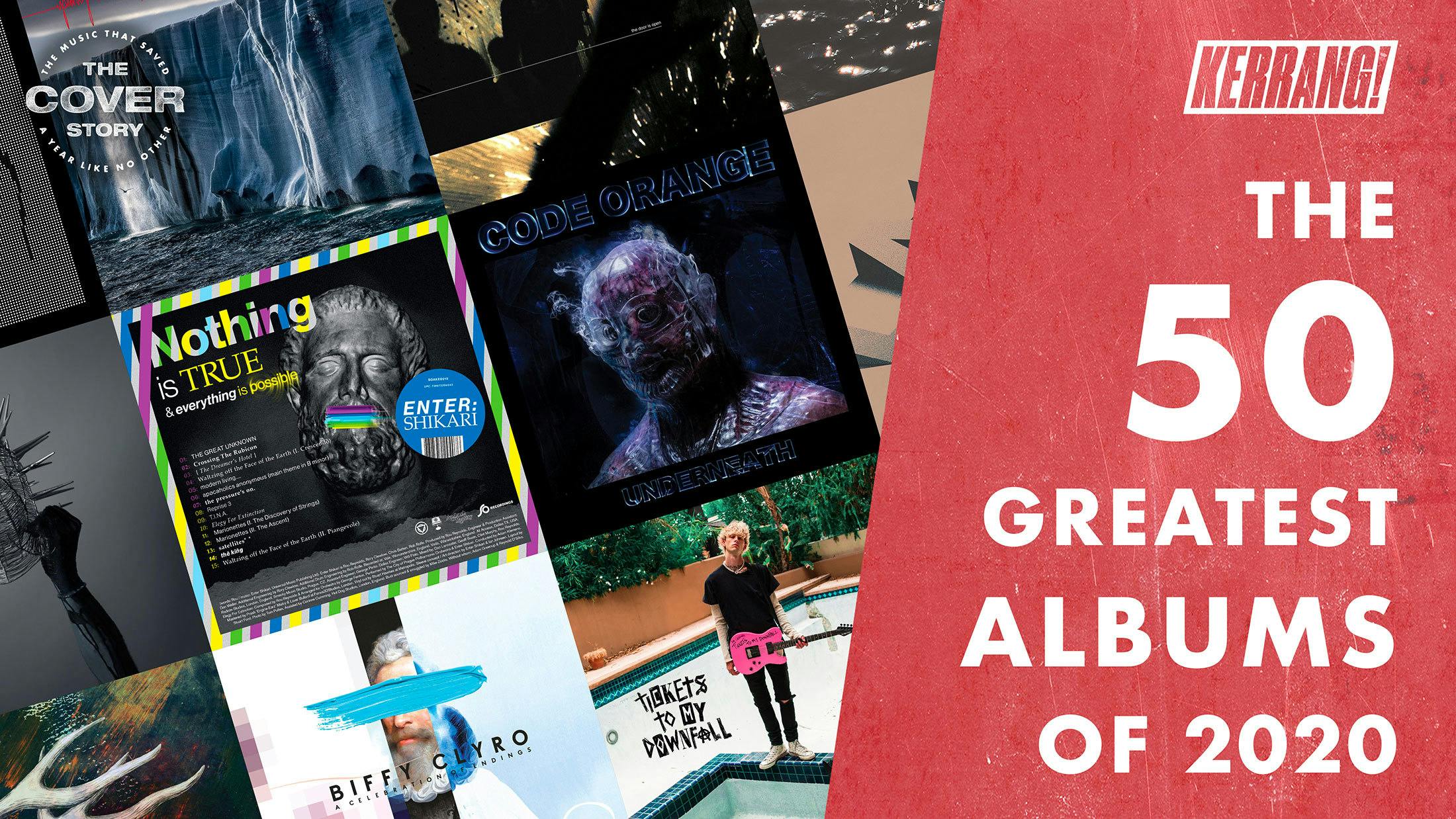Just as modern history will now be defined as pre- and post-COVID, heavy music may well be evaluated against the existence of Code Orange’s Underneath. Three years ago, their third album Forever shook the world of heavy music to its core, causing a seismic shift in not only how bands sound but how they portray themselves in the new reality. We should have known, though, that this wasn’t the sound of the future, but one element on the vast blueprint the Pittsburgh crew were laying out.
Underneath wasn’t so much as an evolution of Forever as a different species entirely. Taking the electronic elements that previously formed their backbone, the glitching, digital terrorism was thrown hurtling to the front, used less as a tool and more like a weapon bent and twisted to their will. Gilding the album’s razor-sharp edges with harsh sounds and white noise, the pulverising programming added to Underneath’s formless structure, with songs stuttering and changing direction to explicitly defy your expectations. 'Comfort' isn’t in Code Orange’s vocabulary: just when you think you can latch onto something familiar it turns its back on you, leaving you lost in the labyrinth.
The record played out like a psychological horror movie, with opener (deeperthanbefore) drawing you down into the nightmarish abyss, as it whispers ‘Let’s take a good look at you’, almost trying to decipher how best to punish you for even daring to push play. What follows is an album as densely-packed as the centre of a black hole, with every second and micro-movement pored over for thousands of hours – it’s no wonder they had to cancel last year’s Bloodstock performance to continue working on it. Not a single note or bleep is out of place, creating a maelstrom of melodic dissonance, drawing on everything from Korn to Throbbing Gristle to Alice In Chains to Venetian Snares.
Speaking to Kerrang! earlier this year, drummer-turned-frontman Jami Morgan called Underneath the band’s “most psychotic” music to date, adding, “You can’t point to it and say, ‘That’s not hard.’ It’s some of the hardest shit that there is – not just from us. Period.” And it’s true, you can’t argue with that. The thundering percussion, the chainsaw guitars, the claustrophobic electronics, the fact that Jami’s voice now resembled that of a grizzly bear, all added to the Vantablack tapestry that examines how technology (and social media in particular) is changing society for the worse.
But it wasn't just a constant battering ram, with guitarist/vocalist Reba Meyers getting more involved as the focal point for standout tracks Who I Am and A Sliver, that owe more to ’90s alt.rock than anything in 2020 hardcore. Every word sounds like it comes with a sinister grin and a knowing look, suggesting she can see your darkest secrets, no matter how deep you hide them. At times it’s disorientating how much is going on, leaving you a quivering slush on the floor, but always crawling back for more, addicted to the hurt.
What’s more scary, though, is that while the rock world continues trying to wrap its head around these 14 tracks of sonic experimentalism and extremity, Code Orange have already moved on, no doubt drawing up another schematic diagram of genre reinvention, leaving behind a raft of bands to try and recreate this formula. Not content with redefining hardcore, or being certifiably the most dangerous-sounding band on the planet, or the album’s title-track being one of 2020’s greatest songs – they are, and will always be, hungry for more. This is Code Orange’s world, we’re just living in it. (LM)
